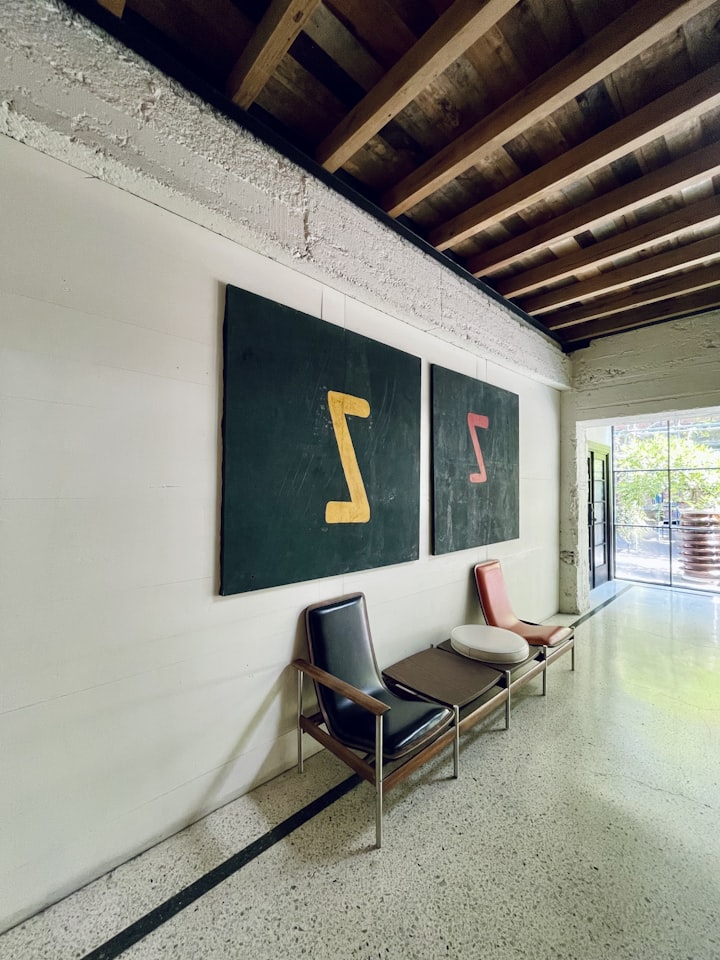
Over the past few days, journalists have been leaving Russia en masse. The harsh penalties and measures, including the ban on independent and Western media, in addition to the adoption by the Russian Parliament (Duma) of a law that increases the criminal penalty for what it considers "fake news" about the Russian army to 15 years in prison, caused media professionals to flee from Moscow, while stressing Suffocation on free speech on the impact of the Russian invasion of neighboring Ukraine.
And the Russian "press agents" agency announced that at least 150 journalists had left Russia in recent days, noting that it had conducted interviews with employees of 17 editorial offices, to arrive at these results. The "press agents" indicated that the entire editorial office of "Medusa" left Moscow, and they are about 20 journalists, in addition to journalists of "Dogd", "Ekho Moskva" and "Novaya Gazeta".
In addition, the offices of prominent Western media outlets, such as the BBC (at least 15 people), as well as journalists from Bloomberg and Radio Liberty, were evacuated.
The agency expressed its support to all colleagues. The "press agents" are a group of reporters and investigative journalists who created the best free media in Russia, but now find themselves under repression in their own country.
These numbers come in the wake of a constant flow of news that media outlets are blocked, as well as the suppression of their narrative. Earlier, the Russian authorities prevented obtaining news from “unofficial” sources, and prevented coverage of the war in Ukraine except by using its terminology and narrative. It forbade the media from using the terms “invasion”, “attack” and “declaration of war” or talk about the killing of civilians because of the Russian army. And last Friday, the Duma passed a law that imprisoned for 15 years those convicted of publishing "fake news" about the army, including journalists, citizens and anyone protesting against the war.
On Sunday, one of Russia's last independent media outlets, Mediazona, announced that it had been blocked by the authorities because of its coverage of the invasion of Ukraine. The site said in a statement carried by "AFP", that the Russian Internet regulator "Roskomnadzor" has begun blocking MediaZona. The site is now included in the official list of blocked sites in Russia.
MediaZona is a news site that covers judicial issues relating to political activists, opposition protests, and prisoner abuse issues, among other things. It was founded in 2014, by members of the opposition group Pussy Riot, Nadezhda Tolkonikova and Maria Alyokhina, after serving prison sentences for "punk prayers" at the main church in Moscow in 2012.
"This action was taken because we are honestly covering what is happening in Ukraine and calling it a spade, an invasion an invasion and a war a war," the website said, stressing that the Russian authorities had just imposed "military censorship and (that) there is no longer any independent media in the country."
In addition, the US-funded Radio Free Europe "Radio Liberty" announced, on Sunday, the suspension of its work in Russia, after it said that the country intensified pressure on its journalists and the tax authorities had started bankruptcy proceedings against it.
Radio Free Europe, which has been in Russia since 1991, plans to report on Russia and its war in Ukraine from abroad. "We will continue to expand our reporting to the Russian public and use every possible platform to reach them as they need our journalism more than ever," said Radio CEO Jimmy Fly.
Other websites such as Republic and Snob.ru - dedicated to hourly events and analysis - the investigative media Agentstvo and regional newspapers were also blocked by the authorities, the digital rights NGO Roskomsvoboda said, as quoted by "AFP". “Thank you for staying with us, you will spend the night,” Republic wrote in a statement, noting that its readers can still view its content via a vpn.
According to the Associated Press, authorities also blocked the 7x7 website, which covers regional news, and the popular science newspaper Trotsky Variant, which published an open letter rejecting the invasion.
And last Friday, "Reuters" quoted "Roskomnadzor" as saying that, at the request of the Public Prosecution Office, access to the BBC, the independent news site "Medusa", the German "Deutsche Welle" site, and the Russian-language site of Radio "Europe" were blocked. Al Hurra" (Radio Liberty) and "Svoboda" funded by the United States.
And last Thursday, the "Dogd" TV channel announced the suspension of its activities, as well as the independent Russian radio station "Echo of Moscow" (Ekho Moskva), after it was banned from broadcasting last Tuesday by the authorities because of its coverage of the invasion of Ukraine. On Wednesday, the Russian-language news website The Village was blocked.
And last week, Western media outlets announced that they would "suspend" their work in Moscow or withdraw their journalists, especially after Russian President Vladimir Putin signed a law criminalizing "false news."
According to "AFP", many experts believe that no independent Russian media will be able to survive in the country in the near future, not even "Novaya Gazeta" newspaper, whose editor in chief was awarded the Nobel Peace Prize in 2021.
Non-governmental organizations consider Russia one of the countries with the most restrictions on press freedom, ranking 150 out of 180 in Reporters Without Borders' latest press freedom index.






Comments
There are no comments for this story
Be the first to respond and start the conversation.